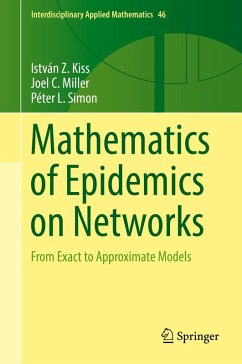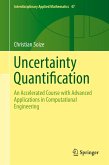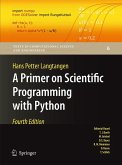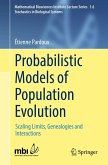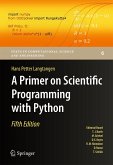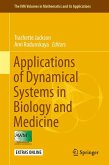This textbook provides an exciting new addition to the area of network science featuring a stronger and more methodical link of models to their mathematical origin and explains how these relate to each other with special focus on epidemic spread on networks. The content of the book is at the interface of graph theory, stochastic processes and dynamical systems. The authors set out to make a significant contribution to closing the gap between model development and the supporting mathematics. This is done by:
- Summarising and presenting the state-of-the-art in modeling epidemics on networks with results and readily usable models signposted throughout the book;
- Presenting different mathematical approaches to formulate exact and solvable models;
- Identifying the concrete links between approximate models and their rigorous mathematical representation;
- Presenting a model hierarchy and clearly highlighting the links between model assumptions and model complexity;
- Providing a reference source for advanced undergraduate students, as well as doctoral students, postdoctoral researchers and academic experts who are engaged in modeling stochastic processes on networks;
- Providing software that can solve the differential equation models or directly simulate epidemics in networks.
Replete with numerous diagrams, examples, instructive exercises, and online access to simulation algorithms and readily usable code, this book will appeal to a wide spectrum of readers from different backgrounds and academic levels. Appropriate for students with or without a strong background in mathematics, this textbook can form the basis of an advanced undergraduate or graduate course in both mathematics and biology departments alike.
Dieser Download kann aus rechtlichen Gründen nur mit Rechnungsadresse in A, B, BG, CY, CZ, D, DK, EW, E, FIN, F, GR, HR, H, IRL, I, LT, L, LR, M, NL, PL, P, R, S, SLO, SK ausgeliefert werden.
Es gelten unsere Allgemeinen Geschäftsbedingungen: www.buecher.de/agb
Impressum
www.buecher.de ist ein Shop der
buecher.de GmbH & Co. KG
Bürgermeister-Wegele-Str. 12,
86167 Augsburg
Amtsgericht Augsburg HRA 13309
Persönlich haftender Gesellschafter: buecher.de Verwaltungs GmbH
Amtsgericht Augsburg HRB 16890
Vertretungsberechtigte:
Günter Hilger, Geschäftsführer
Christian Sailer, Geschäftsführer
Sitz der Gesellschaft:Augsburg
Ust-IdNr. DE 204210010

